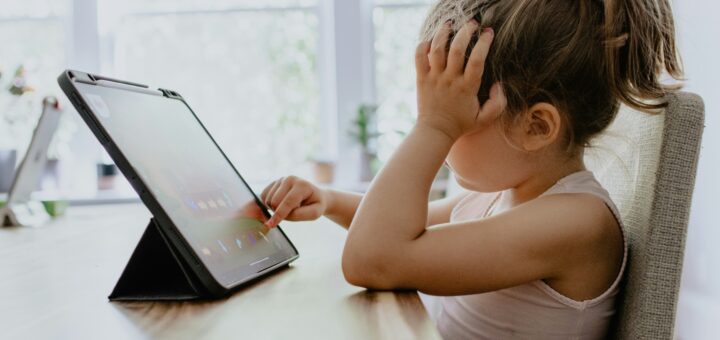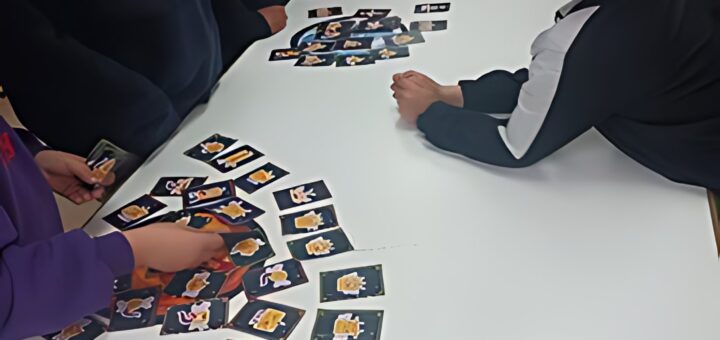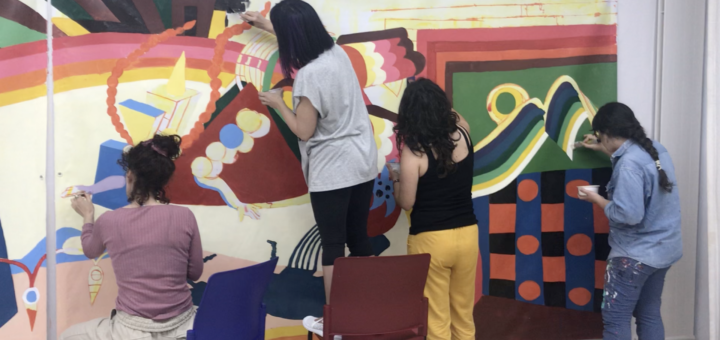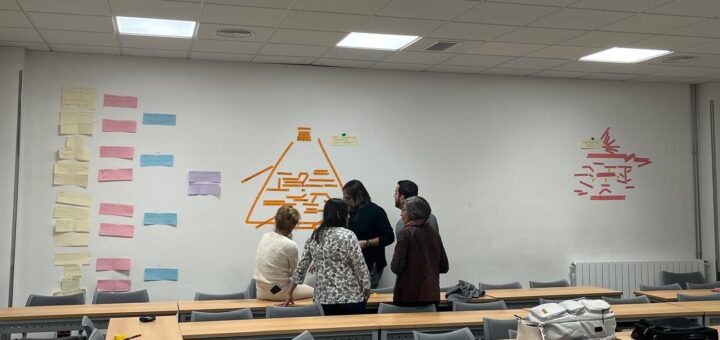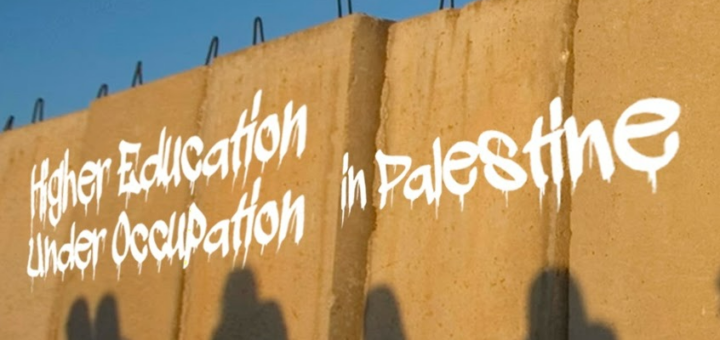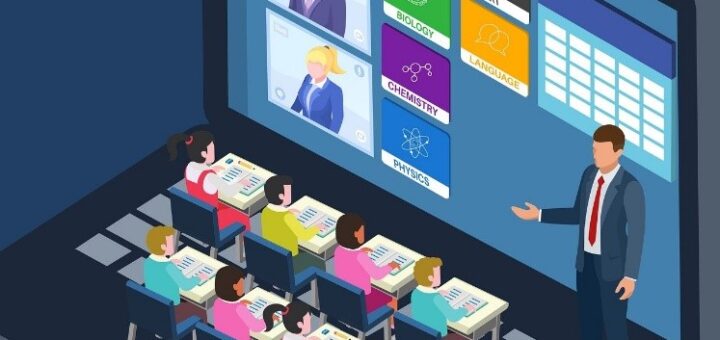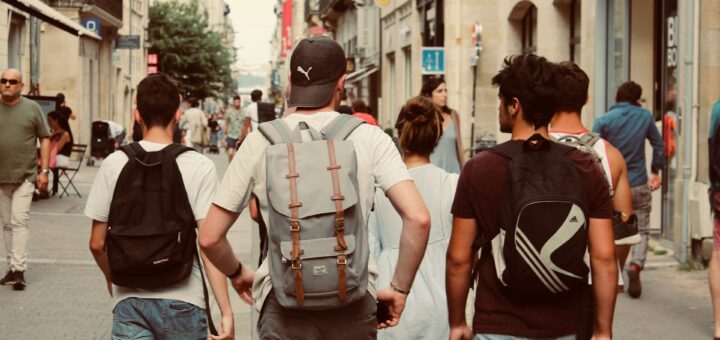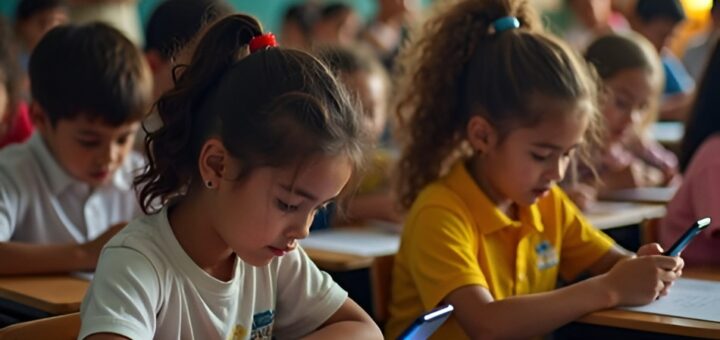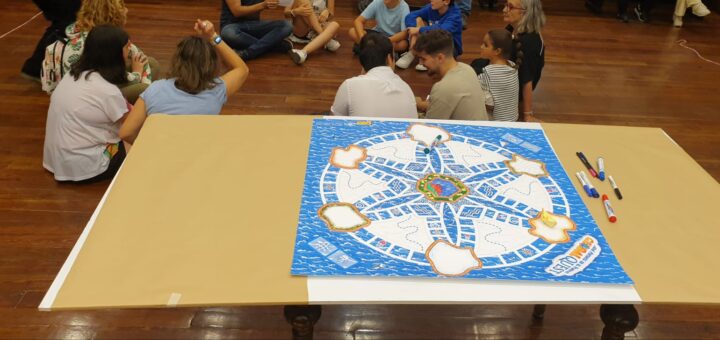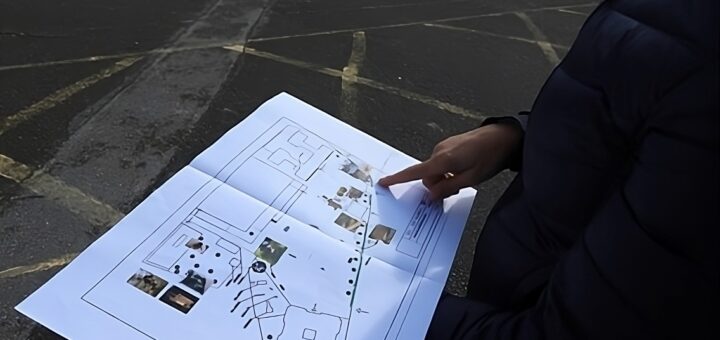Author: REUNI+D Artículos
This research, directed by Professor Manuel Area Moreira and Jesús Rodríguez Rodríguez and carried out by research groups from different Spanish universities (CRIE, EDULLAB, STELLAE, among others) has delved into the state of the art of production, distribution and pedagogical use in Early Childhood Education schools in the Spanish context. The research was carried out with a qualitative approach based on the performance of four complementary studies, the first focused on the analysis of the characteristics of the resources, the second on the representations and opinions of teachers and families regarding the potential and pedagogical usefulness of digital resources and materials for early childhood education, the third on the exploration of the use of digital materials or content in the classroom, and the fourth on the development and validation of a guide of best practice recommendations for the didactic use of these materials aimed at teachers and families.
Service-Learning (SL) is an educational model that combines academic learning with social engagement, enabling students to acquire knowledge while contributing to the well-being of the community. Through real-world projects, students apply what they have learned in the classroom to solve concrete problems, fostering a sense of responsibility and active citizenship. This model promotes the development of skills such as teamwork, communication, and empathy, while also strengthening autonomy and problem-solving abilities.
Research groups face increasingly larger waves in the sea of neo-liberalism that threatens our physical and work environment at the university (Busher & Fox, 2020; Nordbäck, Hakonen, & Tienari, 2022). Our study stemmed from the need to understand how we can maintain our balance and mental stability in our research group Elkarrikertuz in the University of the Basque Country UPV/EHU (Correa et al., 2010). We felt the need to combine two opposite but necessary situations while conducting research: loneliness, on the one hand, and academic interaction, on the other. People usually link university positions with research exclusively, leaving the chores of teaching and service in a secondary position.
The ICUFOP and PROCIE groups are jointly developing the R&D project ‘Collaborative Networks in Education. Critical Teaching for an Inclusive Society’ (PID2022-138882OB-I00). In February 2024, we met at the University of Granada in order to draw a common framework of interpretation for this research. In this text we present the work of those days that has served to build a travel log that accompanies us in the analysis of the collaborative teaching networks that are being studied.
For more than twelve months we have been witnessing a massacre of incalculable proportions and consequences against a people, the Palestinian people, which is being broadcast live before the eyes of the world by its protagonists. Eleven months ago, when its most bloody consequences had not yet manifested themselves, the massacre was already described as ‘textbook genocide’ by the then director of the Office of the UN High Commissioner for Human Rights in New York, Craig Mokhiber. His letter of resignation exudes the frustration and impotence of someone who, after a life dedicated to defending human rights, is witnessing the obvious failure of the international community to protect them.
There are a lot of debates about the use of technology in the classroom. Most of them around the benefits of these technologies, highlighting the potential risks if we incorporate them in educational centres. Looking away does not make the risks disappear. As an alternative, the case of Andalusia and its programme for the Digital Transformation of Education in schools is presented, making the benefits of community work in this area visible. The result of constant work, in which the educational community participates, reveals all the benefits of technology that would finish the eternal debates and questions about its prohibition in the classroom.
Currently, early school drop out is one of the most important school problems. This is due, in part, to the future difficulty for people who decide to leave in being able to have training that allows them to join quality professional paths that can favor vital projects outside of situations of social vulnerability.
Currently, several regional governments in Spain and other European countries are regulating the prohibition of the use of cell phones, smartphones or cell phones in their school system (Albalad, 2023) with the argument of protecting children and adolescents from the harmful effects caused by the overuse of mobile technology.
In the context of the research project “The construction of global citizenship with young people: researching transformative practices with participatory and inclusive methodologies”, (PID2020-114478RB-C22 funded by MCIN/AEI/ 10.13039/501100011033 Oviedo) we seek to understand how adolescents construct global citizenship in different spaces and contexts in Asturias (Fueyo et al. 2023a y2023b).
To this end, we have used several participatory and co-design methodologies in which young people play a leading role (Calvo-Salvador et al. 2023; Rodríguez_Hoyos et al. 2023). One of the results of these methodologies has been the design of a cooperative game called “Global Quest: what do we paint on the planet?”
In 1992 the United Nations Conference on Environment and Development was held in Brazil (Rio de Janeiro), a landmark event in the field of environment and sustainable development. In 1996 the United Nations Environment Programme created the Global Environmental Citizenship programme, which underlined the rights and responsibilities of citizens towards the environment. The environment was thus seen as a fundamental
part of democracy itself, seeking participation to create a new social pact that would challenge the pace of market growth and the direction of the global market in which multinationals wrest control that belongs to states and exercise unprecedented control over the totality of the world’s resources (Gutiérrez Pérez and Prado Rojas, 2015).
